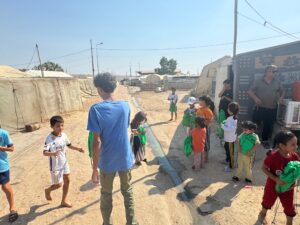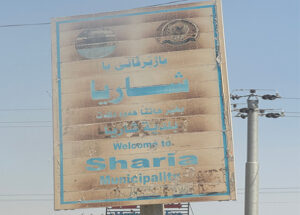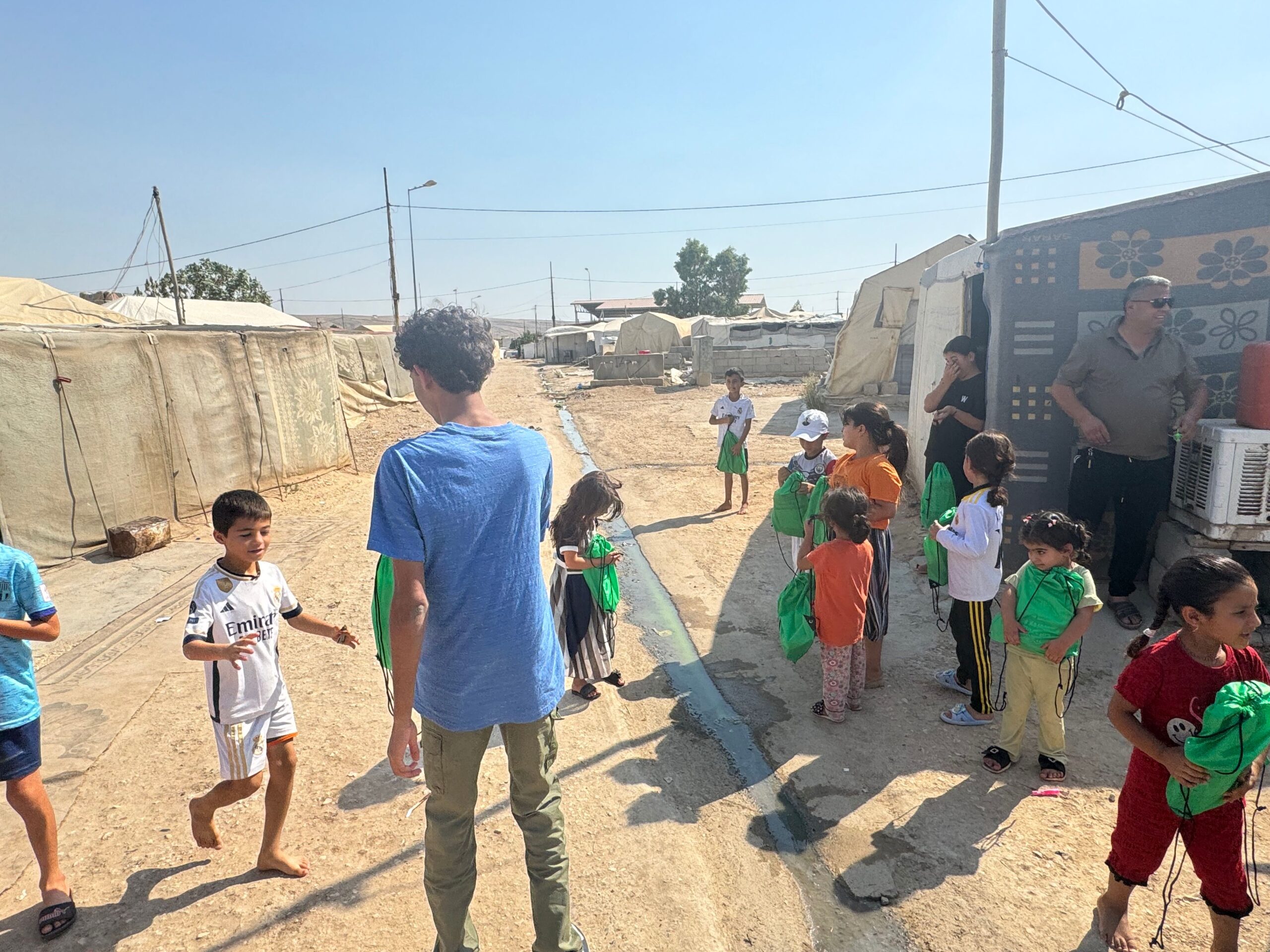

The start of 2025 has been marked by uncertainty for those dedicated to international aid in the aftermath of conflicts. Developing Diplomacy was founded to raise awareness and provide resources for internally displaced and refugee children—often overlooked amid global crises. Now more than ever, the role of private charities, foundations, and nonprofits is crucial in supporting these vulnerable communities.
Join us in our three-part series as we share insights from our trip to Kurdistan, Northern Iraq. Through volunteering, meeting local private sector and Governmental organizations, and building partnerships, we aim to shed light on the challenges these children face—and the efforts being made to support them.
By: Kaizar Doriwala, Founder of Developing Diplomacy
Part I: My Perspectives from the Sharia Camp
Our journey to the Sharia IDP camp in northern Iraq took us about two and a half hours from Erbil, guided by a local volunteer from the Enabling Peace in Iraq Center (EPIC_. Once home to 13,000 displaced Yezidi people, the camp now houses around 2,000 residents, as many have moved outside the camp in search of better opportunities or been forced to leave by Iraqi Government closures. Located an hour from both the Syrian border and Mosul—still controlled by Iranian militias—Sharia remains a crucial refuge for those unable to return to their homeland in Sinjar. The camps are home to internally displaced people (IDP), mostly Yazidis, who were slaughtered, kidnapped and forced into slavery at the height of the violence in northern Iraq in 2014.
Despite the Iraqi government’s push to close all refugee and IDP camps, the Kurdistan Regional Government (KRG) continues to resist until residents can return to their communities safely and with dignity. Walking through the camp, we saw a place that, while initially temporary 10 years ago, had developed into a functioning community. Schools, markets, stores, and even laundry facilities provided a semblance of normalcy. The homes, set on concrete slabs with tents overhead, were well-maintained—some had multiple rooms, small kitchens, and even wallpaper.
The highlight of my work was handing out Developing Diplomacy activity kits and supplies to the children and seeing their faces light up with joy. Despite their hardships, they carried an undeniable spirit of resilience. Many wore soccer jerseys—especially Messi’s pink Inter Miami kit—proving that even in displacement, their love for the sport remained strong. Despite everything they endure each day these children remain filled with hope and spirit.
Visiting Sharia was an eye-opening experience. It reinforced the vital role of humanitarian aid and the importance of standing with displaced communities. These people are not just statistics; they are families, children, and individuals striving for a future beyond the camp’s dusty roads.

